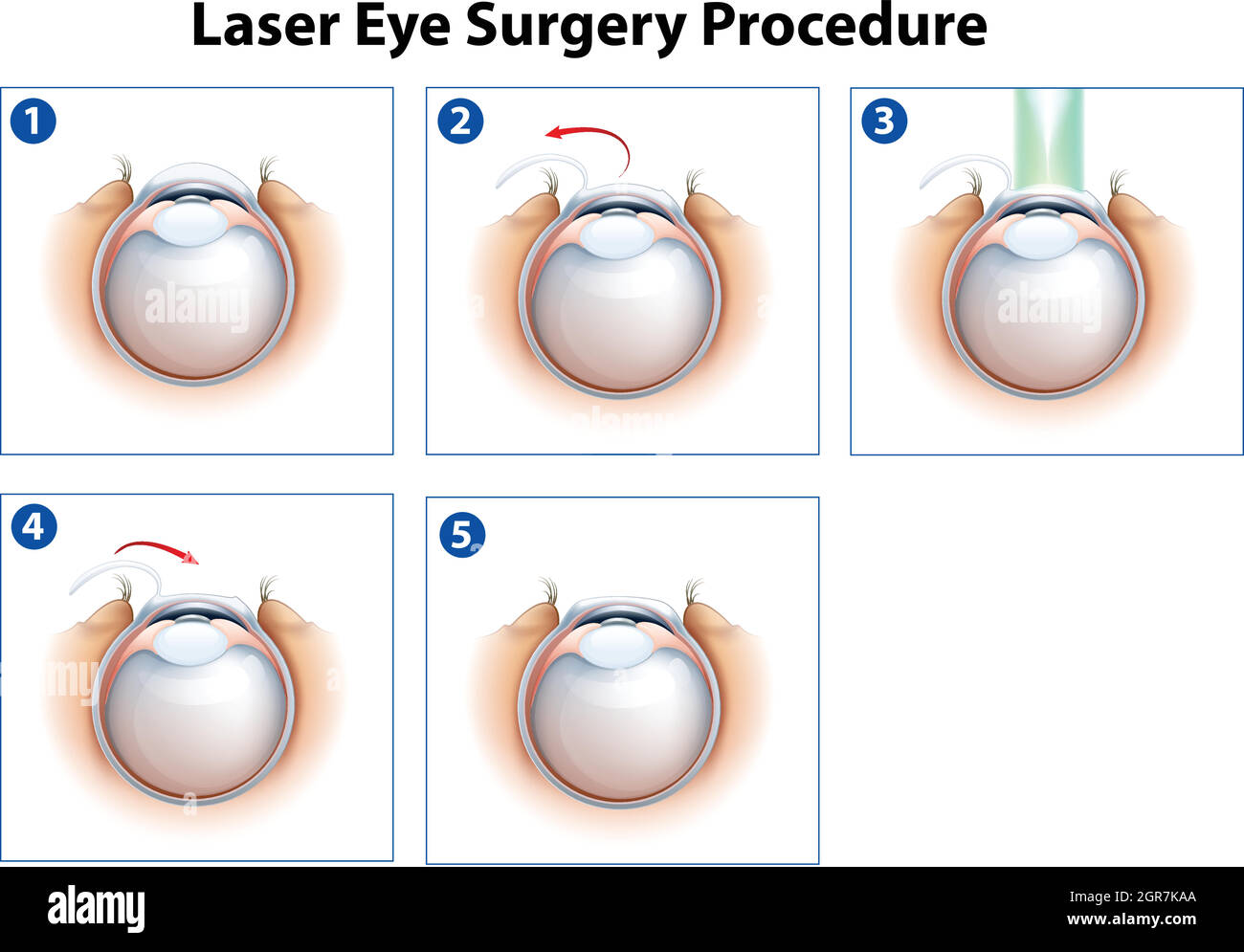
Clear Vision Ahead: Laser Eye Surgery Insights
Embarking on the journey to clear vision through laser eye surgery is a transformative experience. Understanding the process, benefits, and considerations involved can help individuals make informed decisions about this life-changing procedure.
The Basics of Laser Eye Surgery
Laser eye surgery, also known as refractive or laser surgery, involves using a laser to reshape the cornea, the clear front part of the eye. This procedure aims to correct common vision issues such as nearsightedness, farsightedness, and astigmatism, reducing or eliminating the need for glasses or contact lenses.
Popular Techniques in Laser Eye Surgery
Two widely adopted techniques in laser eye surgery are LASIK (Laser-Assisted In Situ Keratomileusis) and PRK (Photorefractive Keratectomy). LASIK involves creating a flap in the cornea for laser treatment, while PRK involves removing a thin layer of the cornea. Both techniques have high success rates, but the choice depends on individual factors and preferences.
Benefits of Laser Eye Surgery
One of the primary benefits of laser eye surgery is improved vision without the dependency on corrective lenses. Many individuals experience rapid recovery and notice significant vision enhancement shortly after the procedure. The long-term benefits include the potential for a more active lifestyle, free from the constraints of glasses or contacts.
Considerations and Eligibility Criteria
While laser eye surgery is a revolutionary option for vision correction, not everyone is an ideal candidate. Factors such as age, overall eye health, and pre-existing conditions play a role in determining eligibility. A comprehensive eye examination and consultation with an experienced eye surgeon are crucial to assess candidacy and discuss potential risks.
The Procedure: What to Expect
Understanding the laser eye surgery procedure helps alleviate any apprehension. Before the surgery, the eye is numbed with eye drops to ensure comfort. The laser then sculpts the cornea, correcting refractive errors. While the process is quick, lasting only about 15 minutes per eye, the results are often life-changing.
Recovery and Post-Operative Care
Post-surgery, individuals are provided with specific guidelines to facilitate a smooth recovery. Temporary side effects such as mild discomfort, dry eyes, and sensitivity to light are common but typically resolve within a few days. Following the prescribed post-operative care is crucial for optimal healing and results.
Potential Risks and Complications
As with any medical procedure, laser eye surgery comes with potential risks and complications. These may include dry eyes, glare, halos, or even overcorrection or undercorrection. However, advancements in technology and thorough pre-operative evaluations have significantly minimized these risks.
Life After Laser Eye Surgery
For many, life after laser eye surgery is liberating. The newfound visual clarity allows individuals to engage in activities without the hindrance of glasses or contacts. Regular follow-up appointments with the eye surgeon ensure ongoing monitoring of eye health and address any concerns that may arise.
Choosing an Experienced Eye Surgeon
Selecting a skilled and experienced eye surgeon is paramount to the success of laser eye surgery. Researching surgeons, reading patient reviews, and scheduling consultations can help individuals make informed decisions and feel confident about their choice of surgeon.
Exploring Laser Eye Surgery Options
If you are considering laser eye surgery to achieve clear vision, visit myownperfectsite.com for comprehensive information, expert insights, and resources to guide you on your journey to improved eyesight. Clear vision ahead, the future looks bright!